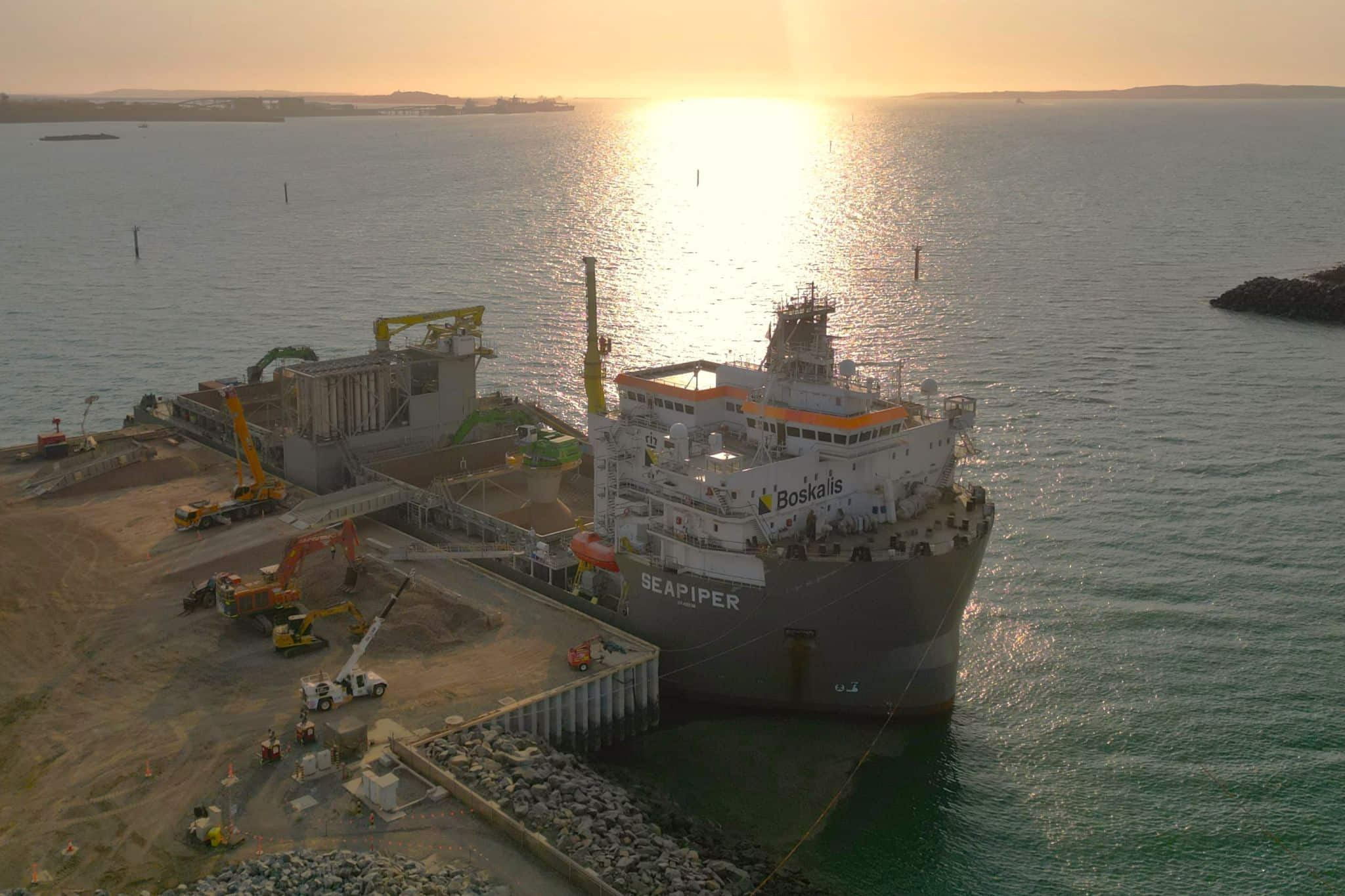Some jobs are so unusual, they’re not recognised by the ABS. Brianna’s is one of them

- by Admin
- July 9, 2024

“I emailed people at Melbourne Aquarium asking for work experience, and they gave me a month … I was very, very lucky. That sort of thing is quite uncommon,” she said.
This unpaid position eventually led to a full-time job in early 2012. This year will mark her 12th anniversary at the aquarium.
Among more than 1000 jobs that appear in our interactive, some of the least common in Australia include gunsmiths (of whom there are 173 nationwide, according to 2021 census data), sail makers (201), goat farmers (216), blacksmiths (243), water inspectors (285) and cartographers (323).
But there are also some jobs that the ABS keeps track of which so few people do that there was not enough representative data to use in the interactive.
Census data shows there are five bungy jump masters in Australia, six hunting guides and six whitewater rafting guides. These jobs are included in the bureau’s list because the ABS devised it with New Zealand’s government statistics body, and our neighbour across the Tasman Sea has a much larger adventure tourism industry than us.
Loading
Keep in mind too that the list of jobs the ABS uses is largely the same as it was when it first devised it in 2006, so some jobs that have emerged since then, such as data scientist or cybersecurity analyst, were not included when the previous census was carried out in 2021.
O’Connor’s team is hiring new aquarists at the moment, but it’s an industry where few people have proper experience.
“We get so many people applying for jobs. And their only experience is that they have a fish tank at home,” she said.
While caring for animals is a big part of being an aquarist, O’Connor said most people are unaware of the “not so glamorous bits” of the job.
O’Connor’s job includes inspecting key equipment.Credit: Darrian Traynor
Aquarists at the Melbourne Aquarium are responsible for maintaining life support systems – things like filtration, heating and lighting. They also consistently test the water quality of the tanks.
On top of this, the aquarist staff have an array of qualifications.
“You need to have a commercial scuba diving qualification… We also all need to be first aid, CPR, advanced resuscitation [and] providing emergency oxygen trained.”
As in any job, there are some downsides. “We do have to wake up really early in the morning, and we do have to get really fishy and dirty and all that sort of stuff. So it’s not all peachy, peachy.”
But the benefits far outweigh the cons.

At work in one of the tanks.Credit: Darrian Traynor
“We have the responsibility of other living things… and I think that puts a different level of appreciation on the job.
“It’s always been a massive interest of mine and I loved visiting the aquarium as a kid … it is kind of a dream job to get here,” she said.
The Latest News
-
December 23, 2024Here’s why Golf Twitter lost its damn mind over Team Langer’s PNC victory – Australian Golf Digest
-
December 23, 2024From smaller homes to screen time, backyard cricket is facing challenges in modern Australia
-
December 23, 2024This quiet Canadian will make you love YouTube golf again – Australian Golf Digest
-
December 23, 2024Guide Helps Australian Workers Expose Tech Wrongdoings
-
December 23, 2024PPHG achieves GSTC multi-site certification for all its Australian properties – Travel And Tour World





